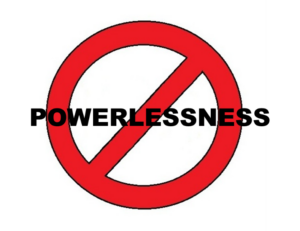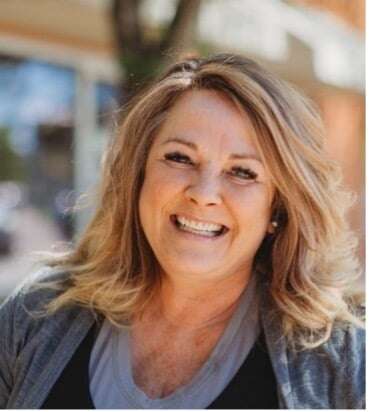Less than five years ago, you could say that nothing SMART was growing in the desert. There were exactly two in-person public meetings in the two-million-person Las Vegas metro area, and then one folded during the pandemic. Fast forward to today, and there are fifteen SMART meetings, including a Spanish language meeting and one for Family & Friends. But how did such a positive bloom happen in these arid circumstances?
According to Rick Kuplinski, an experienced facilitator and tireless advocate for SMART, this explosion in growth is tied to participation in coalitions where others are speaking up for multiple pathways to recovery in general and SMART in particular.
“Our growth in meetings would not have been possible without groups like the PACT Coalition and the Foundation for Recovery. PACT put people and money behind us, and the Foundation for Recovery hosts many meetings that are facilitated by its staff and peer interns.”
Kuplinski points out that there is an intrinsic power in having others validate your program for you. He realizes that people see him as having a vested interest in “selling the program.” Although he is listened to when he shares his personal story and testifies to the value he gets from the program, he notices attendees really lighting up when they hear from the other participants sitting right beside them. This credibility multiplying effect extends even further when it comes to the world of coalitions.
At one point in time, the Foundation for Recovery was almost exclusively a location for 12-Step meetings. Once SMART was able to build a relationship and establish a presence there, it has turned into a vibrant mix of recovery that even included starting a “Band Camp” meeting hosted by a SMART facilitator who is a professional musician (recently they moved to the Shine A Light Foundation headquarters, extending the network further). Participants gather to play music and talk about recovery. SMART is just a natural part of the conversation.
 Kuplinski likens the provision of multiple pathways to having different flavors of ice cream to choose from—nobody likes being forced to eat a flavor they don’t even like to begin with. He says that when someone first put a scoop of SMART in front of him, he loved it.
Kuplinski likens the provision of multiple pathways to having different flavors of ice cream to choose from—nobody likes being forced to eat a flavor they don’t even like to begin with. He says that when someone first put a scoop of SMART in front of him, he loved it.
“I thought that it made sense and was practical. It speaks to me and how I think about making changes in my life. I can do this.”
One important feature of successfully growing a network, according to Kuplinski, is making sure there is a good measure of diversity among the storytellers by every demographic measure. Because there is not one way people develop and experience addictive behaviors, there has to be enough room for individuals who are speaking up to add their specific truth in the context of multifaceted coalitions.
Even with the overarching goal of recovery being the common thread of these coalitions, there is still room to trumpet SMART’s larger application. That’s why Kuplinski makes sure to acknowledge this, whether talking to an individual or a room full of organizational representatives. “SMART is a life skills program that teaches emotional wellness skills. It advocates self-care, lifestyle balance, and being of service to others.” All things that a healthy coalition can support.





